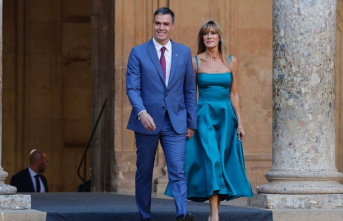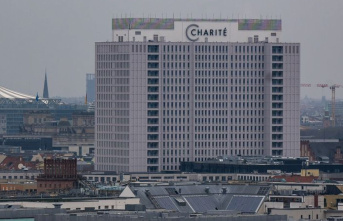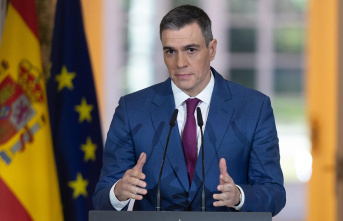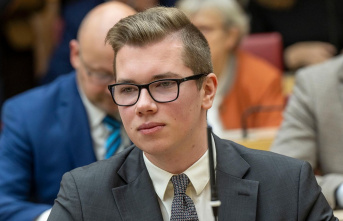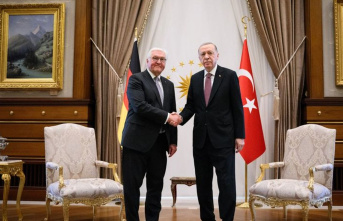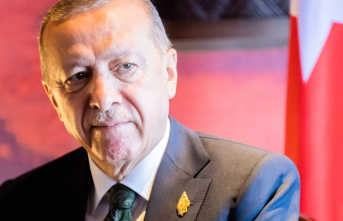A good ten months after the bloody unrest in the oil and gas-rich ex-Soviet republic of Kazakhstan, the presidential elections begin there this Sunday.
69-year-old Kassym-Jomart Tokayev is competing for the last time. He wants to be elected to office in the Central Asian country after a constitutional change for seven years. Previously, the term of office was five years. The other five approved candidates are considered hopeless. After the riots in January, in which more than 200 people died, Tokayev pushed through a constitutional change and started reforms.
Kazakhstan important partner for Germany
Around twelve million people are now called to vote in the country with its large neighbors China and Russia. Tokayev is likely to see the election as a kind of vote of confidence. He ousted his authoritarian predecessor Nursultan Nazarbayev, who retained extensive powers even after his resignation in 2019. Tokayev was elected with 70.96 percent.
After a constitutional amendment that also abolished the death penalty, Tokayev promised a "new Kazakhstan". For Germany, the resource-rich country is the most important partner in Central Asia.
protests and power struggles
In January, protests against high prices and social injustice in the country turned into an unprecedented power struggle. At the time, Tokayev gave an order to shoot at the demonstrators, whom he described as "terrorists." And he had to ask Kremlin chief Vladimir Putin to get help from the Russian-dominated military alliance Collective Security Treaty Organization (CSTO). The soldiers ensured peace - and withdrew again.
International observers from the Organization for Security and Cooperation in Europe (OSCE) want to give their verdict on the election this Monday. They criticized the fact that recommendations for easier registration of candidates for election or more transparency in media ownership were not being implemented. It is also tricky that the president continues to enjoy special protection of his "honor and dignity" by law, which makes criticism difficult.


